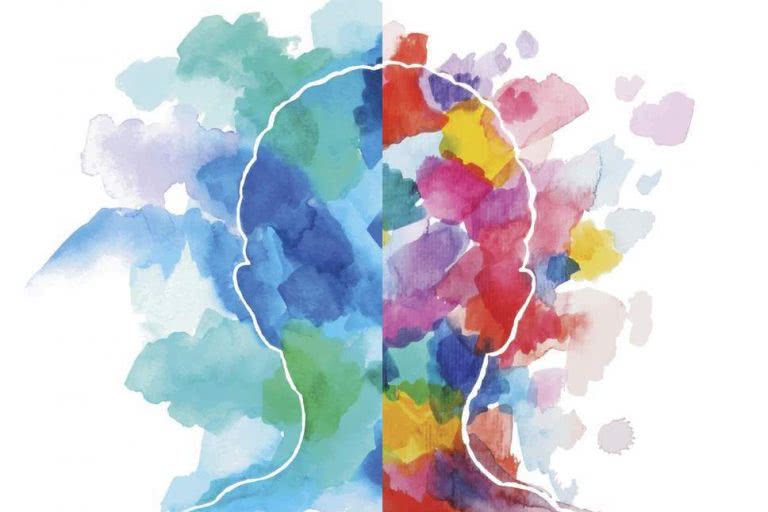Outline of the programme
Once the substance use disorder or destructive behaviour pattern is broken, addiction sufferers are assisted in developing new positive routines that will help them to sustain a productive lifestyle completely free from substances and their former self defeating behaviours.
Numerous studies have shown that the most important part of recovery from substance abuse disorders is ongoing support. True recovery and healing take a long time and many people leave a rehab having had the symptoms treated but have not yet developed the coping tools necessary to choose sobriety.
We don’t just treat the symptoms and self-destructive behaviour associated with addiction. We have a team of dedicated counsellors and therapists that go right to the root of the problem. Recovery Direct is one of the few treatment centres that specialise in treating trauma and more so trauma in relation to addiction.
Trauma and co-dependency are often linked to drug and alcohol abuse, and our in-patient programme is designed to uncover the true cause that drives compulsive self-destructive behaviour.
The Continuum of Care Principle and Aftercare Programme
Any previous patient who has completed the 28-day rehab programme has access to an ongoing support structure to provide guidance to living a productive life outside of the rehab centre. It is easy to manage one’s life inside the relative seclusion of a treatment facility but re-entry into the working world, dealing with relationships and a new life of sobriety can be daunting and cause many patients anxiety.
Our continuum of care programme is free of charge and is one of the most comprehensive aftercare programmes available to date.
- Saturday morning lectures are presented by past patients, psychologists and spiritual advisers. Some of whom have advised high profile members of society like Nelson Mandela
- There is a trauma support group held weekly by a trained trauma counsellor
- We host an advanced recovery group as well as access to life coaches
- Patients who are unable to attend these activities will be able to join the conversation via Skype
- Patients will also have access to one-on-one sessions by arrangement
Maintaining sobriety is important to recovery, but recovery is also so much more than that. By going through the treatment process, recovery becomes a powerful tool for making good choices that change a person’s outlook and means of coping with anything life throws them.
This outpatient and aftercare recovery programme is unique to Recovery Direct.
Re-enforcement of relapse prevention strategies
The problem of addiction is a chronic, progressive and often fatal disorder. Relapses happen. It’s a powerful disorder that needs to be addressed. Many addicts fail because they do not believe that it’s possible to recover. They believe they are too defective to achieve success.
But recovery is possible – for everyone who wants it.
These are the practices that will improve success rates, and we introduce all of them:
- Ongoing sessions with an addictions therapist
- Understanding cross-addiction
- Attending to the unresolved trauma issues
- Developing spirituality
- Mindfulness
- Maintaining regular health and nutrition
- Restoring financial viability
- Creating lifestyle balance
- On-going support structures
The benefits of ongoing sustained treatment – are universally recognised by the addictions community
In general, continuing care is related to long term improvement of substance addiction outcomes. Research has shown that the probability of patients remaining abstinent increased by 20% for each consecutive month they were engaged in continuing care.








